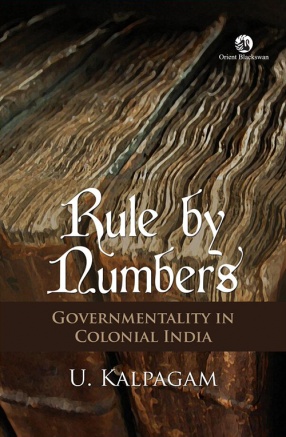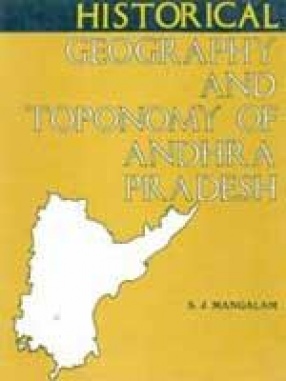Rule by Numbers: Governmentality and Colonial India
Rule by Numbers examines aspects of the production of statistical knowledge as part of colonial governance in India using Foucault’s ideas of 'governmentality.' The modern state is distinctive for its bureaucratic organization, official procedures, and accountability that in the colonial context of governing at a distance instituted a vast system of recordation bearing semblance to and yet differing markedly from the Victorian administrative state.
The colonial rule of difference that shaped liberal governmentality introduced new categories of rule that were nested in the procedures and records and could be unraveled from the archive of colonial governance. Such an exercise is attempted here for certain key epistemic categories such as space, time, measurement, classification and causality that have enabled the constitution of modern knowledge and the social scientific discourses of 'economy,' 'society' and 'history.'
The different chapters engage with how enumerative technologies of rule led to proliferating measurements and classifications as fields and objects came within the purview of modern governance rendering both statistical knowledge and also new ways of acting on objects and new discourses of governance and the nation. The postcolonial implications of colonial governmentality are examined with respect to both planning techniques for attainment of justice and the role of information in the constitution of neoliberal subjects.
The book would be useful to researchers and advanced post-graduate students in the fields of history, political science, postcolonial studies, anthropology, sociology, economics and public administration.
Contents: Preface and acknowledgments. Introduction: the colonial state and statistical knowledge. 1. Sovereignty and governmentality. 2. The production of space. 3. Temporalities, routines of rule and history. 4. Colonial governmentality and the 'economy'. 5. Classification and society. 6. Bio-power and statistical causality. 7. Colonial governmentality and the public sphere. Conclusion: modern freedom and governmentality. Bibliography. Name index. Subject index.
Get it now and save 10%
BECOME A MEMBER











Bibliographic information